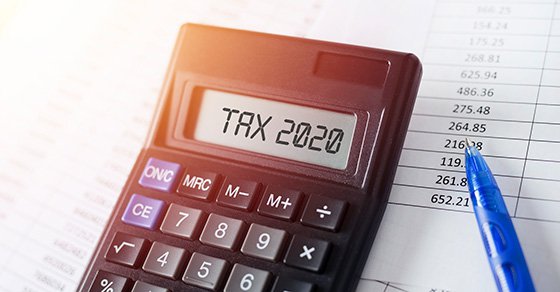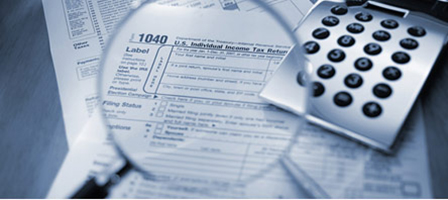Small Businesses: Cash In On Depreciation Tax Savers
- Find out what qualifies for the Section 179 depreciation tax deduction.
- Learn more about bonus depreciation.
- Find out which assets qualify for bonus depreciation.
As we approach the end of the year, it’s a good time to think about whether your business needs to buy business equipment and other depreciable property. If so, you may benefit from the Section 179 depreciation tax deduction for business property. The election provides a tax windfall to businesses. It enables them to claim immediate deductions for qualified assets, instead of taking depreciation deductions over time.
Even better, the Sec. 179 deduction isn’t the only avenue for immediate tax write-offs for qualified assets. Under the 100% bonus depreciation tax break, your business may write off the entire cost of eligible assets placed in service in 2020.
But to benefit for this tax year, you need to buy and place qualifying assets in service by December 31. Fiducial has more about this important tax-saver below!
What qualifies?
The Sec. 179 deduction applies to tangible personal property such as machinery and equipment purchased for use in a trade or business. Additionally, if the taxpayer elects, it can also apply to qualified real property. It’s generally available on a tax year basis and is subject to a dollar limit.
The annual deduction limit is $1.04 million for tax years beginning in 2020, subject to a phaseout rule. Under the rule, the deduction phases out (reduced) if you place in service more than a specified amount of qualifying property during the tax year. The amount is $2.59 million for tax years beginning in 2020. (Note: Different rules apply to heavy SUVs.)
There’s also a taxable income limit. If your taxable business income is less than the dollar limit for that year, the amount for which you can make the election is limited to that taxable income. However, any amount you can’t immediately deduct is carried forward and can be deducted in later years (to the extent permitted by the applicable dollar limit, the phaseout rule, and the taxable income limit).
In addition to significantly increasing the Sec. 179 deduction, the TCJA also expanded the definition of qualifying assets to include depreciable tangible personal property used mainly in the furnishing of lodgings. This includes things like furniture and appliances.
The TCJA also expanded the definition of qualified real property to include qualified improvement property and some improvements to nonresidential real property, such as roofs; heating, ventilation and air-conditioning equipment; fire protection and alarm systems; and security systems.

What about bonus depreciation?
With bonus depreciation, businesses may deduct 100% of the cost of certain assets in the first year, rather than capitalize them on their balance sheets and gradually depreciate them. (Before the Tax Cuts and Jobs Act, you could deduct only 50% of the cost of qualified new property.)
This tax break applies to qualifying assets placed in service between September 28, 2017, and December 31, 2022 (by December 31, 2023, for certain assets with longer production periods and for aircraft). After that, the bonus depreciation percentage is reduced by 20% per year, until it’s fully phased out after 2026 (or after 2027 for certain assets described above).
Bonus depreciation is allowed for both new and used qualifying assets. These assets include most categories of tangible depreciable assets other than real estate.
Important: When both 100% first-year bonus depreciation and the Sec. 179 deduction are available for the same asset, it’s generally more advantageous to claim 100% bonus depreciation, because there are no limitations on it.
Need assistance?
These favorable depreciation deductions may deliver tax-saving benefits to your business on your 2020 return. Have questions or want more information about how your business can maximize these deductions? Call Fiducial at 1-866-FIDUCIAL or make an appointment at one of our office locations.
Ready to book an appointment now? Click here. Know someone who might need our services? We love referrals!
For more small business COVID-19 resources, visit Fiducial’s Coronavirus Update Center to find information on SBA loans, tax updates, the Paycheck Protection Program, paid sick and family leave, and more.









